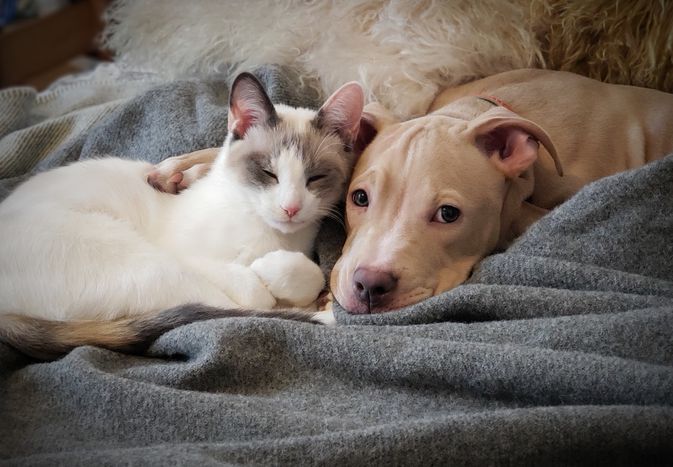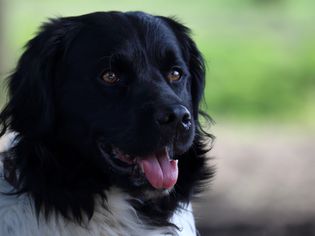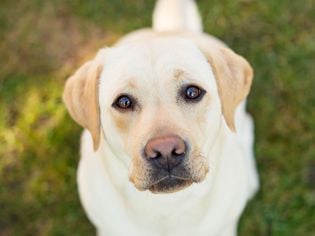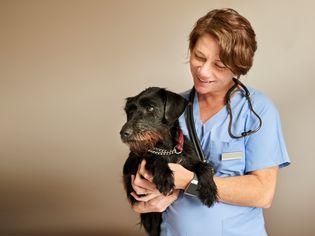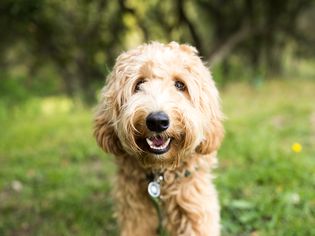The Croatian sheepdog is an ancient herding breed that has retained many of its original characteristics, like a stocky build, lively temperament, and calm disposition, to this day. They're hard-working, healthy, and loyal herding dogs that will thrive best in an active home where they are given a lot of exercise and stimulation.
Breed Overview
Group: Herding
Height: 16 to 21 inches
Weight: 29 to 44 pounds
Coat: Double-coated, with a soft, thick, and curly (or wavy) topcoat
Coat Color: Always black, but can have white markings on the chest
Life Span: 12 to 14 years
Temperament: Intelligent, alert, energetic, companionable, attentive, active
Hypoallergenic: No
Origin: Croatia
Characteristics of the Croatian Sheepdog
Croatian sheepdogs share many of their personality characteristics with others breeds in the herding group, including their voracious appetite for exercise, quick intelligence, and desire for a "job." The breed thrives on strong leadership from their humans and will be a loyal and gentle companion given the right training and care.
| Affection Level | Medium |
| Friendliness | Medium |
| Kid-Friendly | Medium |
| Pet-Friendly | Medium |
| Exercise Needs | High |
| Playfulness | Medium |
| Energy Level | High |
| Trainability | High |
| Intelligence | High |
| Tendency to Bark | Low |
| Amount of Shedding | Medium |
History of the Croatian Sheepdog
There is evidence of dogs matching the description of the Croatian sheepdog dating all the way back to the late 14th century. It's believed these dogs may have traveled with their owners to Croatia during the Great Migration of the native Croat people in the 7th century.
Croatian sheepdogs were prized for being hard-working, enthusiastic, courageous, and versatile herders, and were known to drive sheep, cattle, pigs, and even horses. In 1935, Dr. Stjepan Romic, a Croatian vet, started a selective breeding program for the Croatian sheepdog. Most of the dogs came from the region of Đakovo, the area where much of their history was recorded. In 1969, the breed was officially recognized by the Fédération Cynologique Internationale (FCI). They were registered under the Foundation Stock Service for the American Kennel Club in 2017, and are working towards full breed recognition.
Croatian Sheepdog Care
The Croatian sheepdog is best suited to an experienced home that can offer them an appropriate amount of exercise and enrichment on a daily basis. These are not dogs that will do well being cooped up in an apartment for much of the day on their own. This could lead to a stressed-out, bored dog that will exhibit destructive and problem behaviors.
Exercise
Croatian sheepdogs have lots of energy and thrive on company. If you lead an active, outdoor lifestyle, then they will likely slot in well. As long as they get enough exercise—at least an hour or more daily—they are usually relatively calm and quiet around the house. Known for their excellent jumping ability, they will also excel in many dog sports and will need a high fence if you choose to keep them off-leash outdoors in your yard.
Grooming
Croatian sheepdogs do not have a high maintenance grooming regime—while they do shed, it's not excessive and their coat is designed to repel dirt naturally. To maintain their coat, brush them once a week to remove any debris, dead hair, and knots. You'll want to clean their ears periodically with a gentle cloth, keeping an eye out for any unusual redness or secretions, as these may be signs of a serious infection. Additionally, be sure to brush your dog's teeth every other day, or at least once a week.
Training
Croatian sheepdogs are highly intelligent, gentle, and respond well to force-free training. They are eager to please and love to have a job to do, so if you're looking for a breed that will enjoy competitive obedience, you will have a good partner in a Croatian sheepdog.
Providing they have appropriate training and socialization, they can get on well with other dogs and people too, and tend to have a playful personality. Croatian Sheepdogs can develop a particularly strong bond with one individual in the household, and they will be fiercely devoted to them. However, they can be wary of strangers and may act cold or uninterested. Their wariness means that they can be excellent non-aggressive watchdogs. You should be prepared to put in some training to make sure that this wariness does not lead to fearful behavior, over-enthusiastic guarding, or overly frequent alert barking.
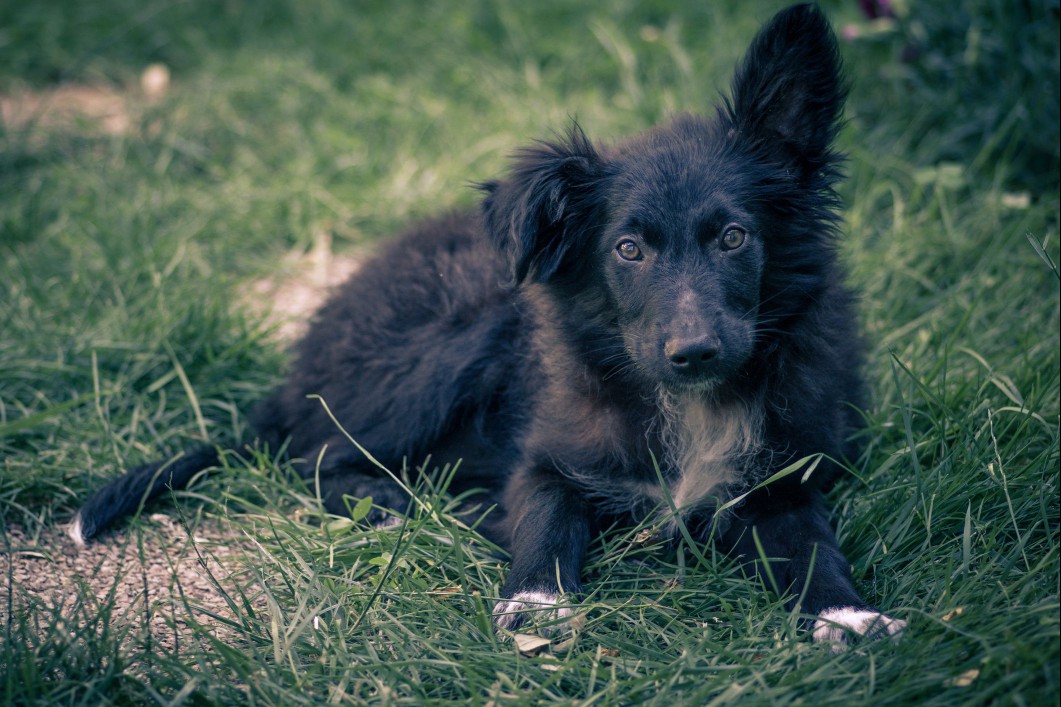
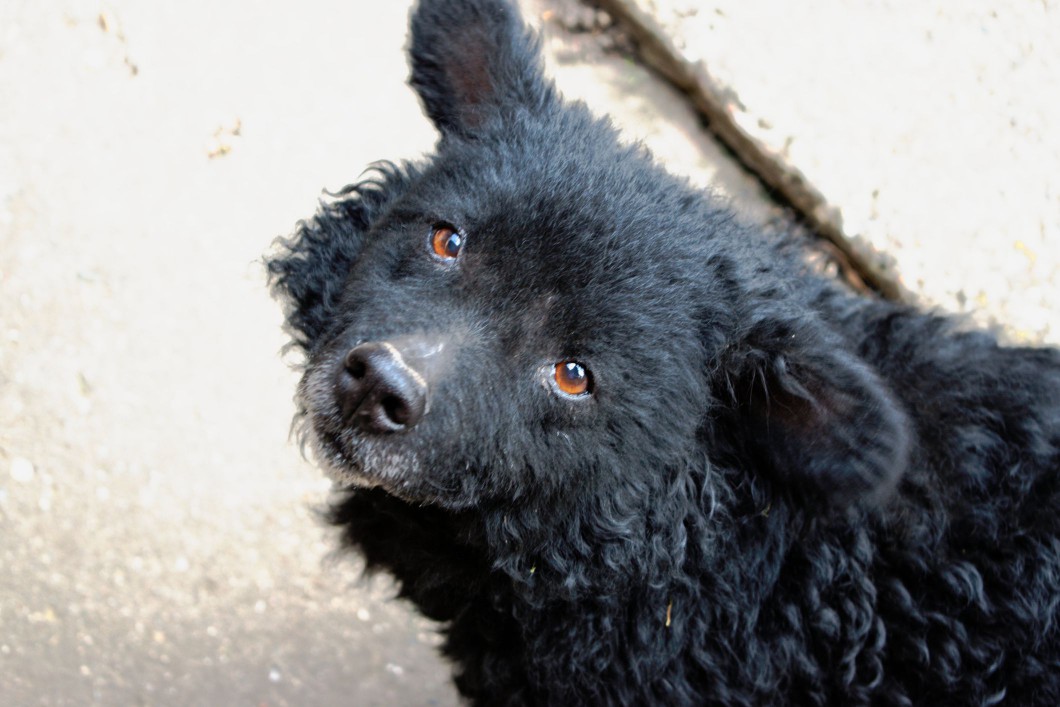
Common Health Problems
The Croatian sheepdog is a robust and healthy breed and does not have any known major inheritable health conditions. However, it's still important to do your research and find a reputable breeder to ensure that they are selecting healthy parents, which can minimize any genetic problems being passed on to their puppies. Some health issues you should keep an eye out for in Croatian sheepdogs include:
- Hip dysplasia
- Patella Luxation
Diet and Nutrition
Croatian sheepdogs, like all dogs, do well on high-quality and appropriately portion-controlled dog food. If your pup regularly partakes in high-energy dog sports or long daily hikes, then you may want to consider a diet suited to active dogs, as they'll be burning off fat more quickly. If you have any questions about the proper diet or food portions for your dog, you can always inquire with your vet.
Where to Adopt or Buy a Croatian Sheepdog
The Croatian sheepdog is a rare breed—even in their native Croatia, they are still not found in large numbers. Because of this, you may need to go on a waiting list or travel further to secure a puppy from a reputable breeder. Don't let your enthusiasm and impatience tempt you to cut corners, though. If you support a backyard breeder or puppy farm, you could end up with an unhealthy and under-socialized puppy, and you could be inadvertently supporting an industry rife with cruelty and bad practices.
There are lots of herding breeds in rescues across the country. You could certainly find a collie or sheepdog-type rescue—with similar characteristics to the Croatian sheepdog—looking for a loving forever home in your local shelter.
Croatian Sheepdog Overview
Devoted to their owners
Intelligent, eager to please and easy to train
Excels in dog sports
Needs a lot of exercise and enrichment
Can be wary of strangers
They can be intense

More Dog Breeds and Further Research
Before adding a Croatian sheepdog to your family, make sure to do plenty of research to determine if this is the right breed for you. Talk to current owners, your vet, and even breeders to get a complete take on their care requirements and more.
If you're interested in similar breeds, check out:
- Border Collie Bree Profile
- Australian Shepherd Breed Profile
- Shetland Sheepdog Breed Profile
There's a whole world of potential dog breeds out there—with a little research, you can find the right one to bring home!
- Are Croatian sheepdogs good apartment dogs?
No—Croatian sheepdogs will do best in larger homes that boast a backyard they can exercise in. They are a very high-energy breed, and will need a lot of room to be stimulated both mentally and physically. If you do have one in an apartment, make sure you get your dog out of the house several times a day for walks and trips to the dog park.
Are Croatian sheepdogs aggressive?Croatian sheepdogs are not considered an aggressive breed. While they can be wary of strangers (or other animals) they don't know, they rarely act out in defense or by barking aggressively. Rather, they will often keep their distance and maintain a watchful eye.
Are Croatian sheepdogs rare?Yes. Croatian sheepdogs are considered a rare breed, especially in the United States. The breed still has not received full recognition from the AKC, and you may need to travel far distances to secure a puppy from a reputable breeder or rescue.



